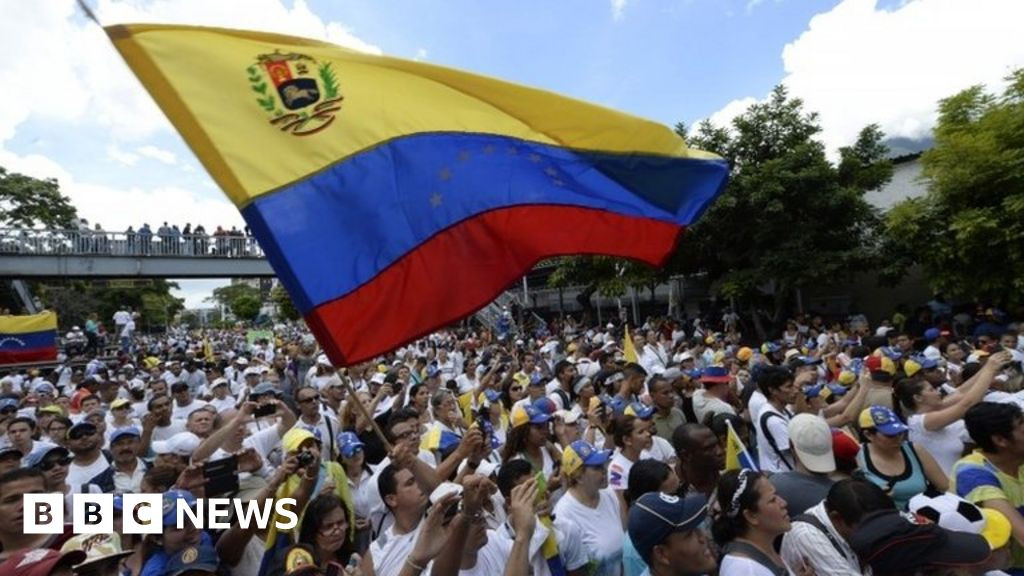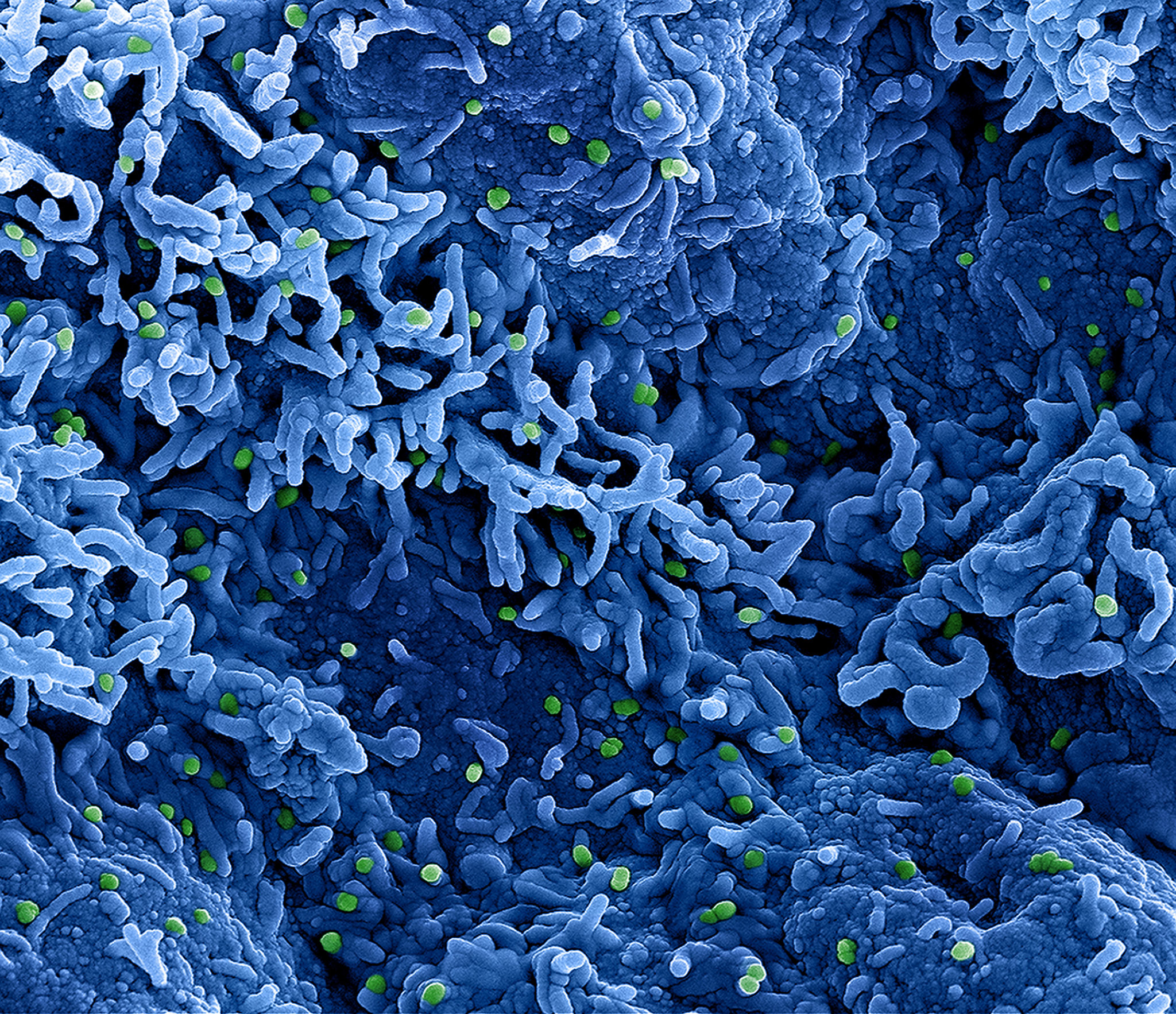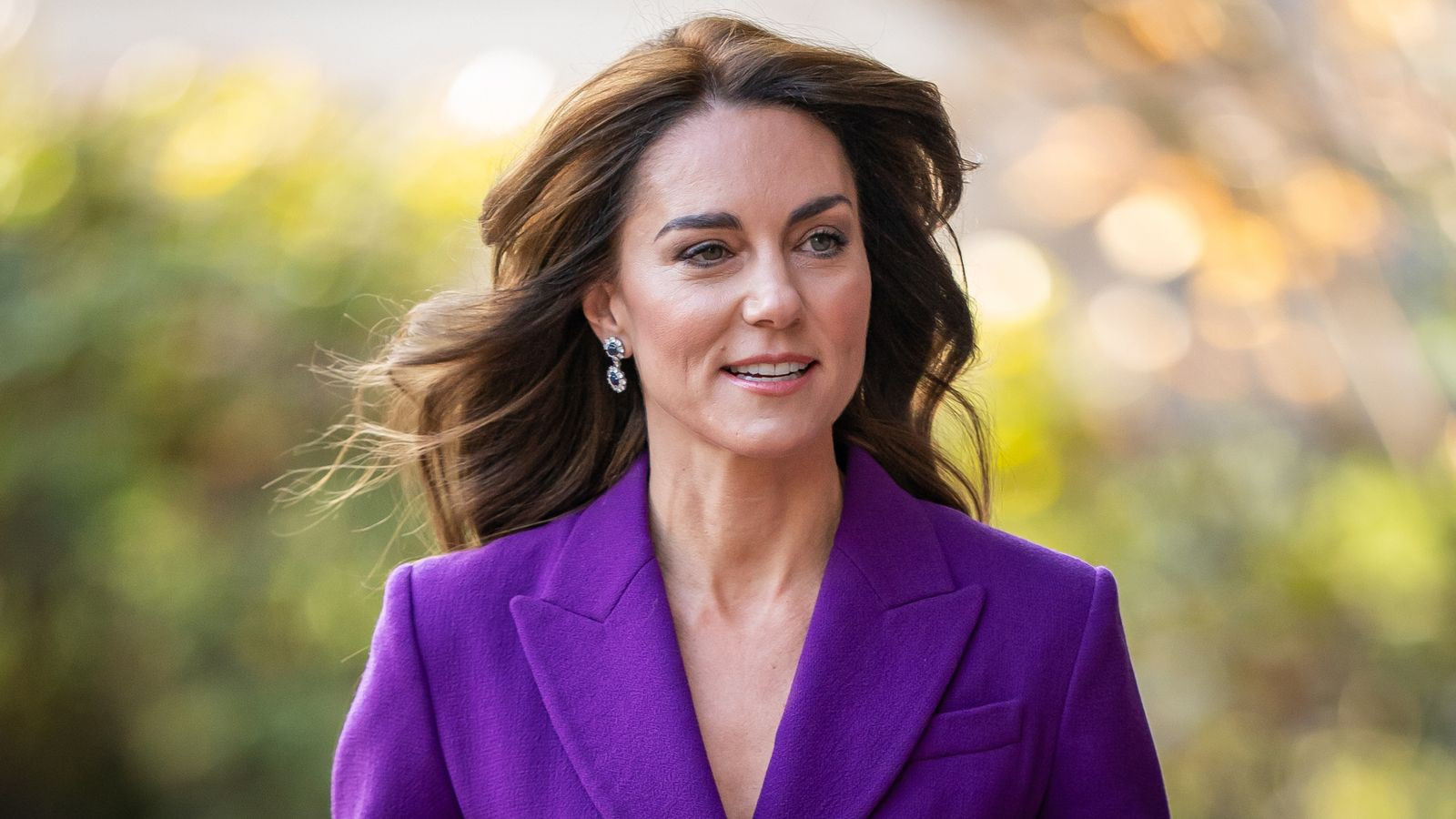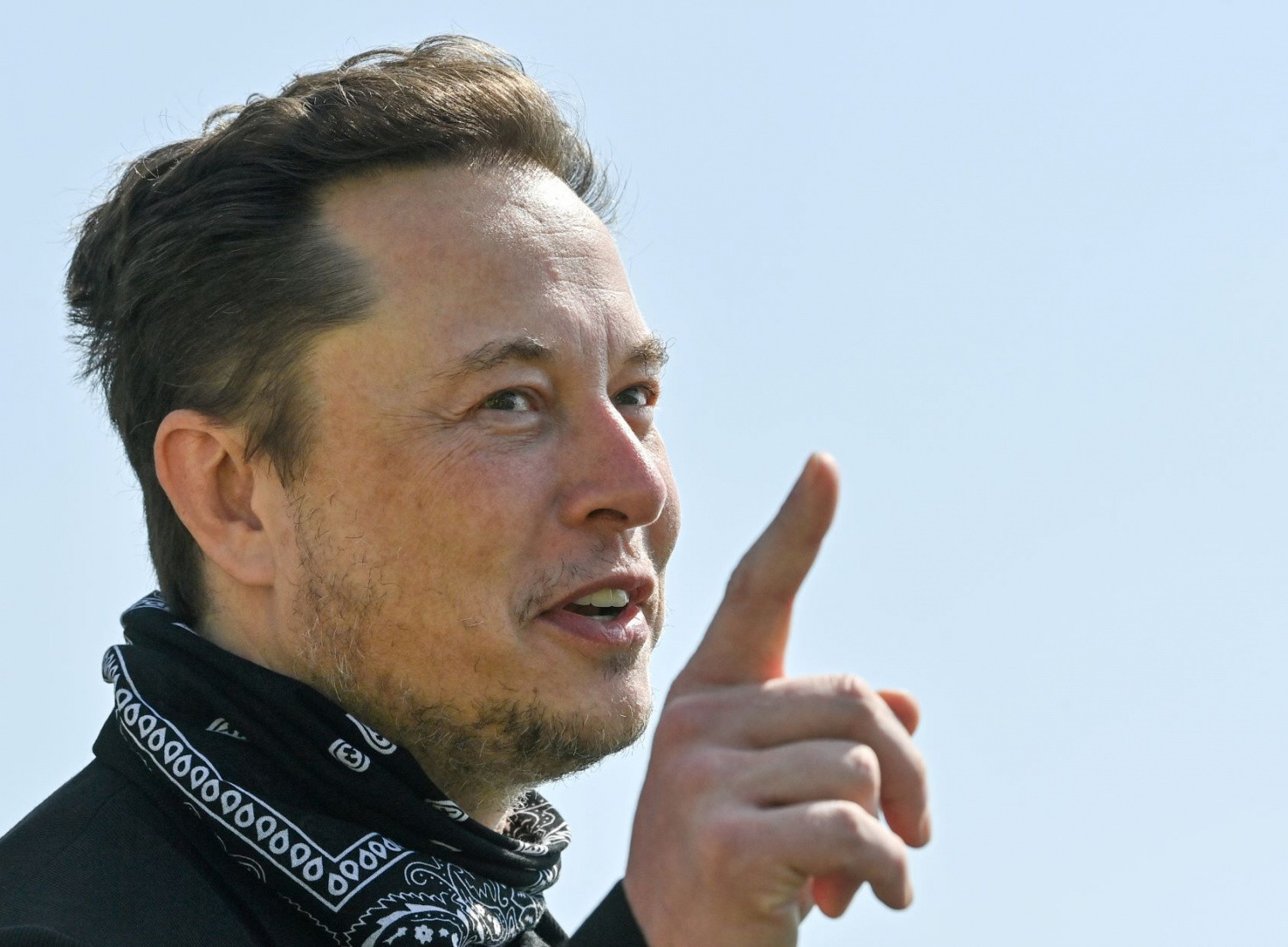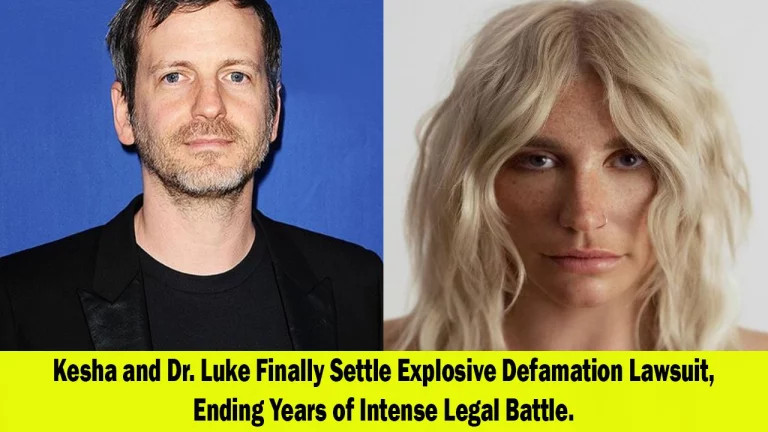Venezuela: Opposition Takes to the Streets, International Community Expresses Concerns
The opposition in Venezuela, along with a significant portion of the international community, is challenging the results of the presidential election ratified in early August by the National Electoral Council, which declared Nicolas Maduro the winner with 52% of the vote.
Protests and Calls for Transparency
On Saturday, August 17, the Venezuelan opposition organized large-scale demonstrations in Venezuela and over 300 cities worldwide. These rallies, led by opposition leader Maria Corina Machado, aim to continue the fight against the contested re-election of President Maduro.
Machado, who has been living in hiding for the past two weeks, addressed thousands of supporters in Caracas, declaring that the opposition will not abandon the streets. She urged her followers to act “intelligently, prudently, resiliently, and boldly,” emphasizing that “peaceful protest is our right.”
The opposition maintains that their candidate, Edmundo Gonzalez Urrutia, who replaced Machado after she was deemed ineligible, actually won the election with 67% of the vote. Their claim is based on voting records obtained from their own scrutineers.
International Criticism and Demands for Evidence
Many countries and international organizations have voiced skepticism about the official election results, including the European Union (EU) and 22 nations such as Argentina, Canada, and Spain. They have issued a joint statement calling for the immediate release of all original voting records and an independent, impartial verification of the results, preferably by an international entity.
Brazilian President Lula also joined the chorus of voices demanding the publication of the voting records. He stated that he would only recognize the winner if the election data was transparent. While Lula does not consider Venezuela a dictatorship, he does view Maduro's government as having “authoritarian tendencies.”
Maduro's Response
In response to the widespread protests, Maduro held a “national march for peace” in Caracas and other cities. During this event, he accused Gonzalez Urrutia of planning to flee Venezuela, mockingly asking, “Where is Edmundo Gonzalez Urrutia hiding?” He claimed that Gonzalez Urrutia “is in a cave and preparing to escape Venezuela” and that he will “take the money and go to Miami.”
Maduro also reiterated his condemnation of foreign criticism, stating that Venezuela will not tolerate “interference” from any country. He also made a sarcastic comment about sending election observers to the upcoming US presidential election.
A History of Violence and Suppression
The announcement of Maduro’s re-election sparked spontaneous demonstrations that were met with brutal repression. Official sources report 25 deaths, 192 injuries, and 2,400 arrests. This grim statistic underlines the escalating violence and crackdown on dissent within Venezuela. The opposition has only held one major mobilization since the election, on August 3, but they are hoping to gain momentum with these latest protests.
The Fight Continues
The opposition’s determination to fight for their cause is evident in their persistence. They are calling for large-scale demonstrations nationwide and in over 300 cities globally. These protests are a testament to the Venezuelan people's hope for change and their refusal to accept the current regime's authoritarian grip on power. The coming days will likely see more protests and confrontations as the opposition seeks to hold the government accountable and challenge the legitimacy of Maduro’s re-election.
Looking Forward: A Tense Standoff
The current situation in Venezuela is a tense standoff between the government and the opposition, with each side vying for control. The international community's growing calls for transparency and accountability will put pressure on the government to respond. The outcome of this political struggle will have significant implications for the future of Venezuela and its people.
Name changed to protect identity.




